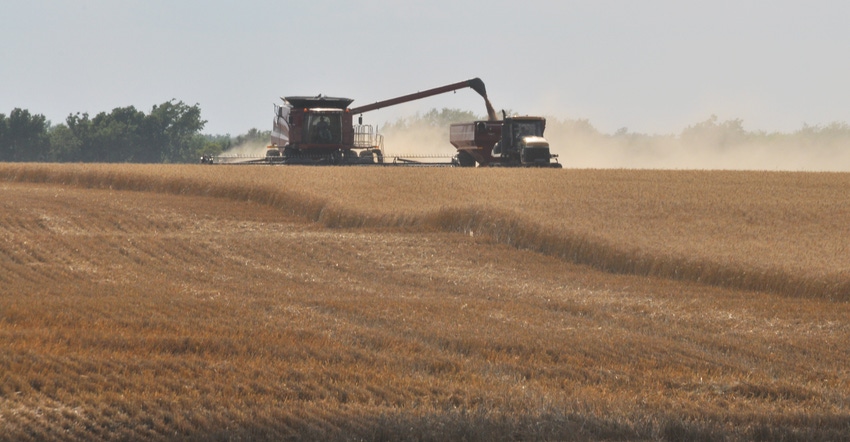
This, my friends, is why we need bipartisan legislation.
When you try to ram through legislation that has ZERO votes from the opposition party, you give too much power to a few people with their own agenda, even if that agenda doesn’t really have anything to do with the legislation at hand.
That is precisely what happened to the 2018 Farm Bill in the U.S. House of Representatives. In their zeal for welfare reform, the Republican leadership crafted a bill that was guaranteed to get no support from Democrats, giving the handful of Freedom Caucus members plenty of power to make deal-killing demands.
That said, the cheers I’m hearing from opponents of the legislation strike me as premature. There is every indication that this bill will be back on the floor — minus the amendments that ag groups universally opposed, but very much still including welfare reform in the work requirement for the nutrition title and cuts to the conservation title, including ending the popular working lands conservation program.
In fact, statements from Rep. Mike Conaway, R-Texas, chairman of the House Committee on Agriculture, and committee member Rep. Roger Marshall, R-Kan., make it clear that the bill will return for another vote without any changes that would garner Democratic votes, including the SNAP changes.
It is entirely possible, even likely, that House leadership will simply regroup, promise whatever it takes to pull the Freedom Caucus into line, even if it means a hasty vote on an immigration bill drafted to their liking, and equally without a single Democratic vote and very little chance of passing in the Senate.
The current House leadership just can’t get it through their heads that being in the majority doesn’t mean you only talk to your own party and draft legislation guaranteed to garner no votes from the other party. A faction as small as the Freedom Caucus is not entitled to wag the dog. It’s the refusal to create bipartisan legislation that empowers it.
America’s farmers, ranchers deserve the certainty that a five-year farm bill provides. America’s SNAP recipients do, too.
I’m pinning my hopes for that on Sens. Pat Roberts, R-Kan., and Debbie Stabenow, D-Mich., who came through in 2013, again in 2014, and are likely to come through again. The question is, can a conference committee get it done? Or are we very likely going to face stalemate and an extension of the 2014 Farm Bill? That’s what happened in 2013, and we seem set up for a repeat.
Now, won’t it be interesting if we see a change of majority in the House in the mid-term elections? That may serve to remind a few members why bipartisan is such a good idea.
About the Author(s)
You May Also Like




